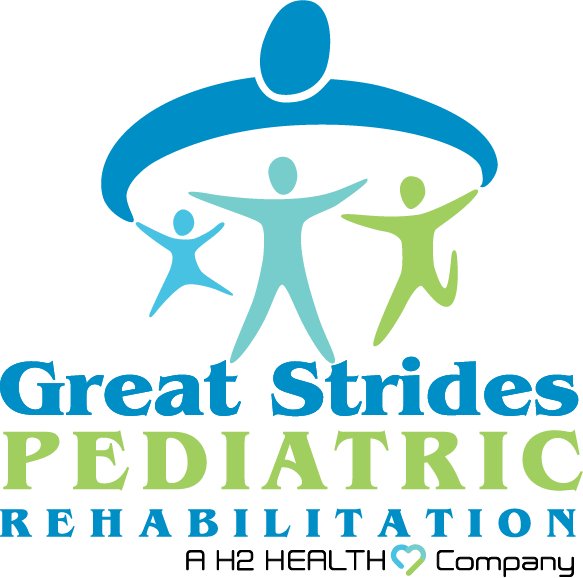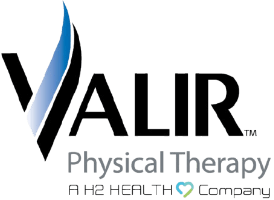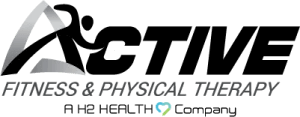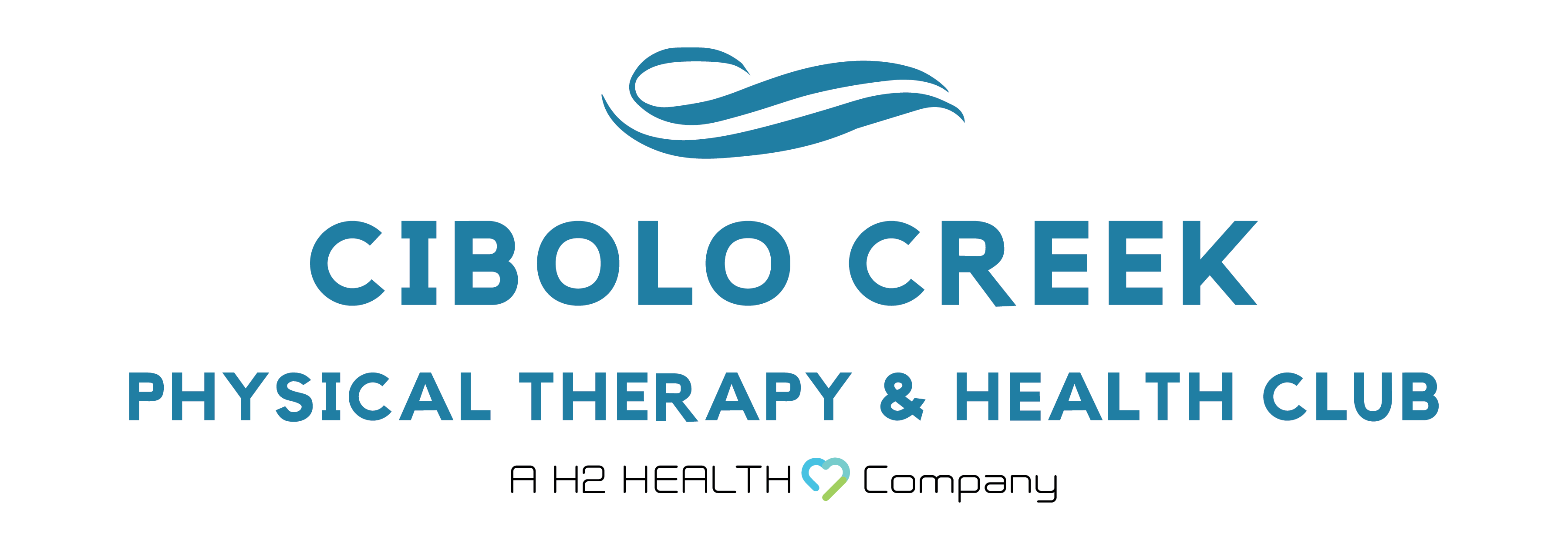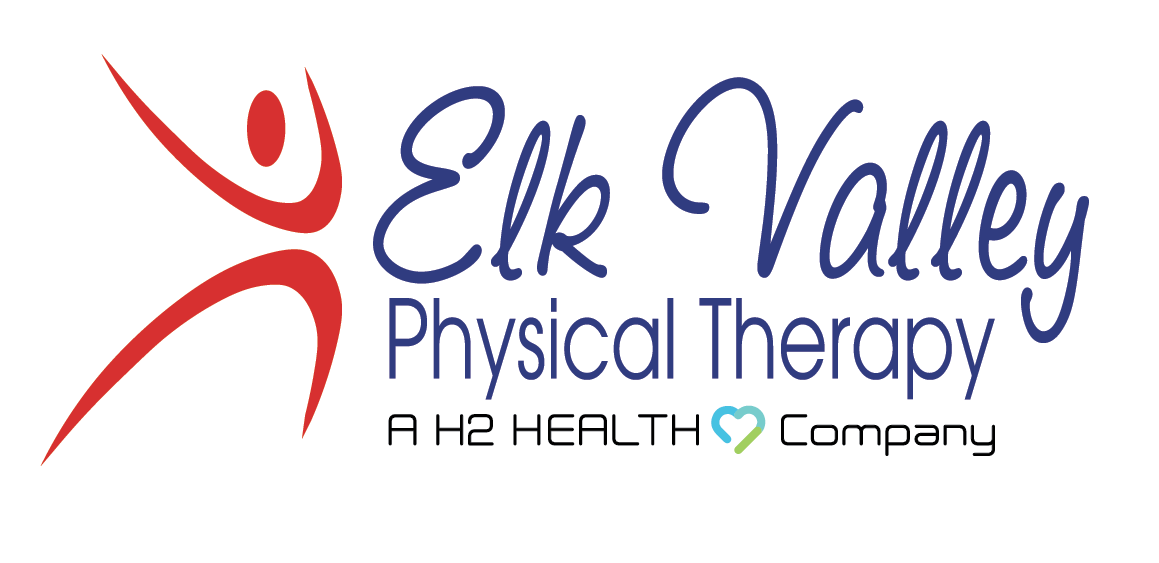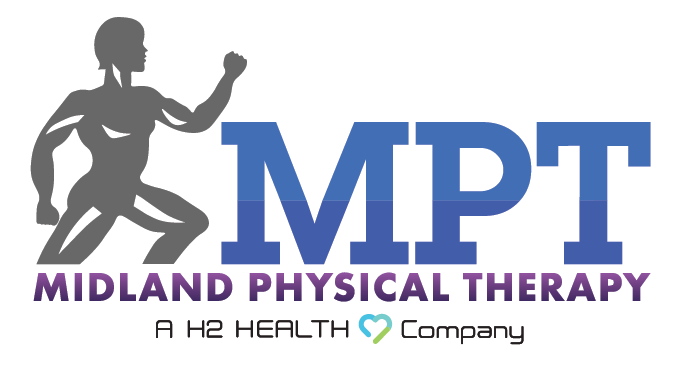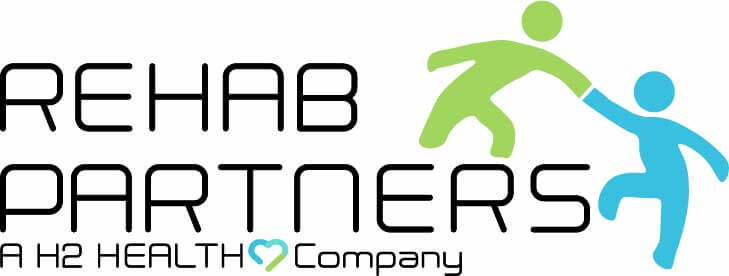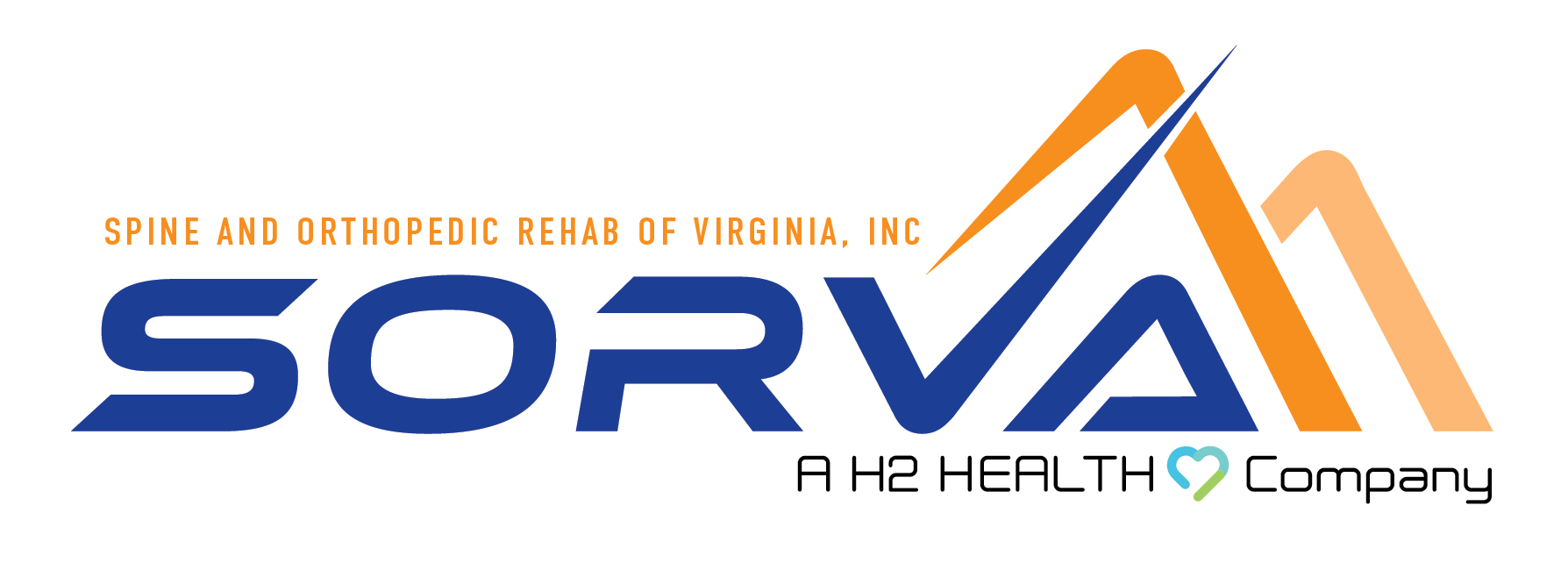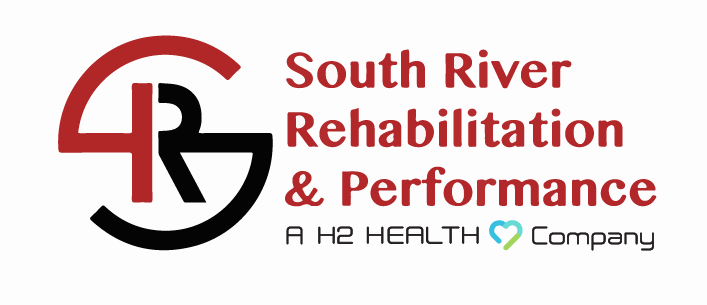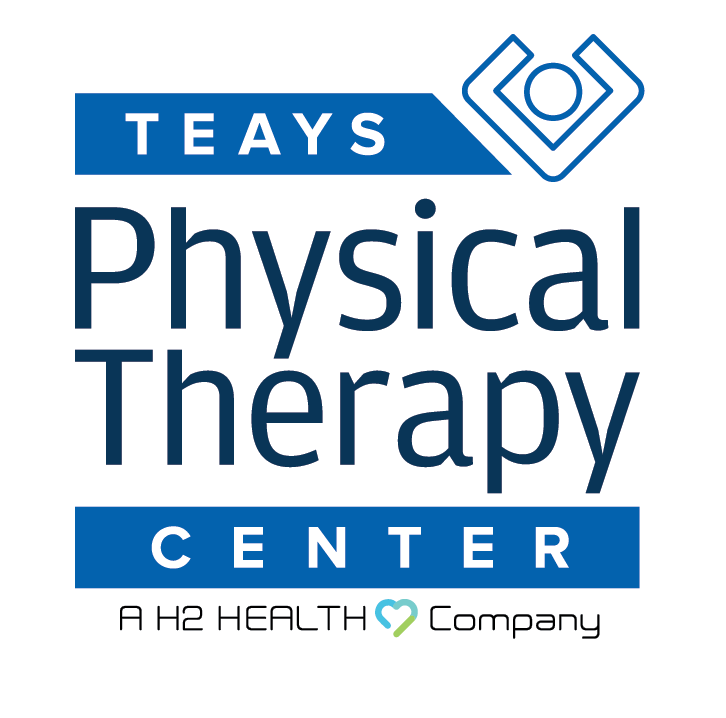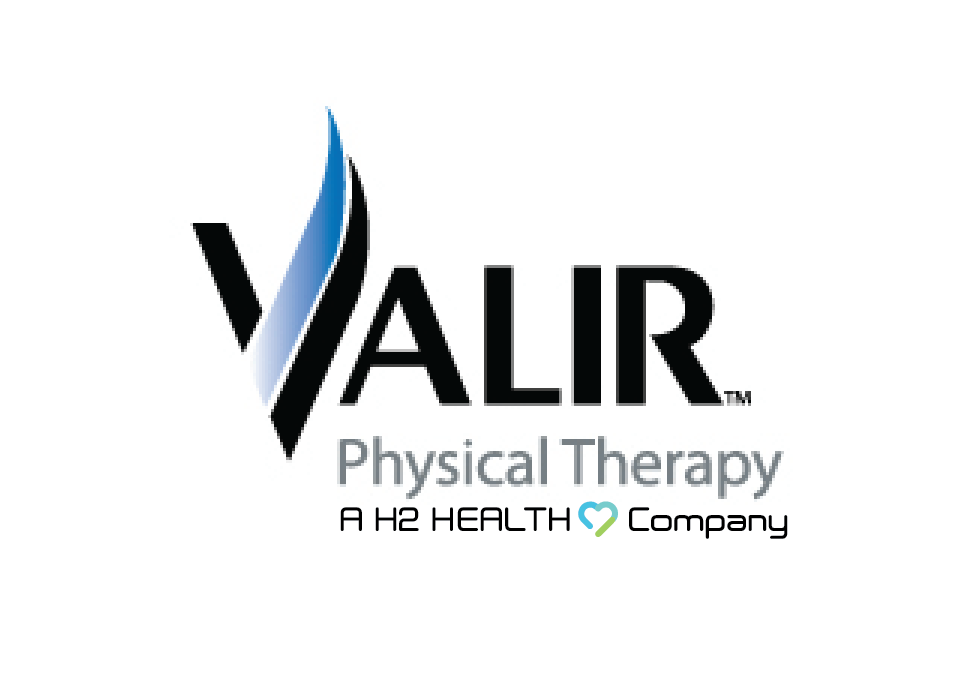
Whether you have recently had surgery, or you’re scheduled to have surgery soon, it’s likely you want to get back to your normal routine as soon as safely possible after your surgery.
Giving your body a period of healing and rest after surgery is crucial to getting back to your daily life quicker. However, resting too much and not moving at all after surgery can result in improper healing of the joint or area of your body that was operated on. This can cause a range of permanent side effects including reduced range of motion, functionality, and flexibility.
Physical therapy is the best way to encourage healing because a certified physical therapist helps you include just the right amount of mobility into your recovery. In fact, the success of your surgery, particularly orthopedic surgery, is highly dependent on your post-operative (post-op) physical therapy plan.
Let’s talk about the benefits of post-op physical therapy, what a post-op physical therapy plan may include, and what types of surgeries can benefit from physical therapy.
Benefits of Post-Op Physical Therapy
Post-op physical therapy can benefit you in several ways. Generally, it can:
- Promote tissue healing and reduce swelling around the surgical area
- Help you regain joint mobility and strength
- Reduce scar tissue formation
- Control and manage post-op pain and discomfort
- Teach you the proper use of assistive devices, such as walkers, canes, crutches, etc., if applicable
- Reduce the duration of your hospital stay
- Improve posture and help you become independent as soon and safely as possible
What Does a Post-Op Physical Therapy Plan Consist Of?
A post-op physical therapy plan is developed by a certified physical therapist who is familiar with your surgical procedures and knows how to foster proper healing in the area of your body where you received surgery.
Typically, physical therapy sessions after surgery include:
Passive Therapies
Passive therapies are offered to a patient at home, in the hospital, or at a physical therapy outpatient clinic. Passive therapies include any therapy that stimulates your muscles, bones, and joints without having to move them on your own. These therapies are aimed at reducing pain and swelling. Examples of passive therapies used commonly following surgery include thermotherapy, electrotherapy, massage therapy, dry needling, heat and cold therapy, and ultrasound therapy.
Active Therapies
Active therapies are exercises that involve using your muscles and joints to actively move your body, or specifically the area where you received surgery. Importantly, your physical therapist will teach you the proper form for these movements so that you can safely begin to move your injured body part after surgery. Active therapies improve your range of motion, functionality, and flexibility as well as foster your healing. These therapies include stretching and strengthening exercises, range of motion exercises, muscle performance exercises, and low-impact cardiovascular exercises. Physical therapists also provide posture, balance, and coordination training.
Types Of Surgeries That Require Post-Op Physical Therapy
Physical therapy is a part of the recovery process of most surgeries. If you have surgery in mind and are wondering if physical therapy will be part of your recovery process, ask a certified physical therapist or your surgeon.
Here are some examples of surgeries that require physical therapy during recovery:
- Joint replacement surgery, such as hip and knee replacements
- Spine surgery, such as spinal fusion and discectomy
- Heart surgery, such as stent placement, ablation, and cardiac pacemaker placement
- Abdominal surgery
- Breast surgery
Post-Operative Physical Therapy Near Me
If you’re looking for a reputable physical therapy center for pre- and post-op physical therapy, look no further than H2 Health. Our highly trained and expert physical therapists will provide you with a customized physical therapy program for your specific condition, movement disorder, or surgical procedure. We provide you with tools and hands-on care to foster your recovery, ensure the success of your surgery, and improve your quality of life.
To learn more about us, call us today at (800) 699-9395 or you can contact one of our convenient locations.

